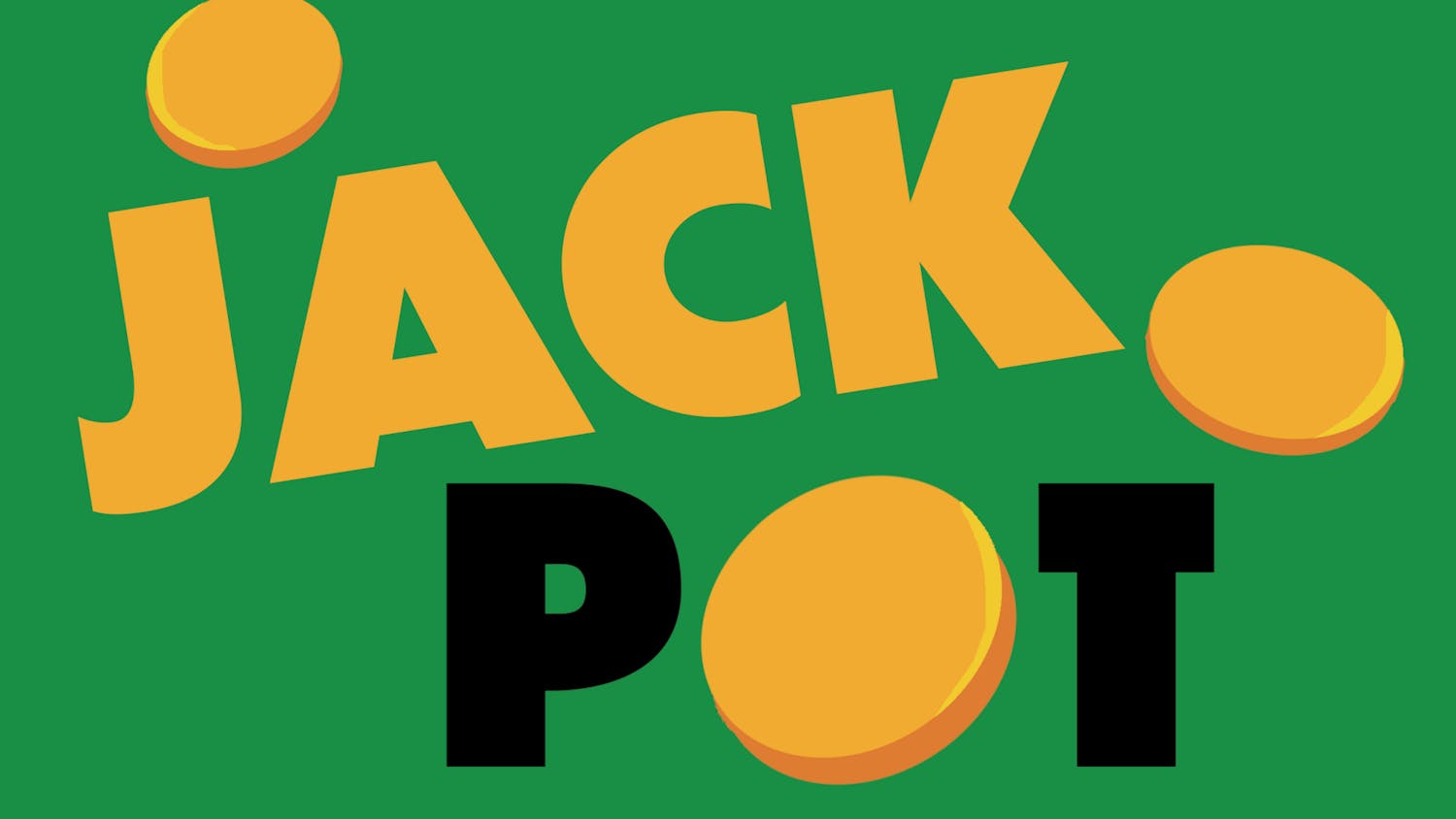Perhaps more than anything in American history, fighting the spread of COVID-19 requires national cooperation. We have been asked by governments, universities, hospitals and businesses alike to reduce public exposure, cancel important events, limit consumption and take numerous other important health measures.
Without widespread cooperation on those efforts, limiting COVID-19’s spread becomes much more difficult. Rapid spreading would cause hospitals to be overwhelmed, more product shortages and, ultimately, more deaths. Collective action is clearly paramount in this time. That, however, poses a problem: American culture is notoriously individualistic. Individualism is “the habit or principle of being independent and self-reliant.”
The stipulations of independence and self-reliance separately have significant implications. From the addition of the Bill of Rights to the Constitution in 1791 onward, independence has demanded a lack of interference from governments and individuals in our personal lives. Self-reliance has meant that we believe the individual is responsible for correcting their own problems.
Both these elements pose obstacles to efforts to “flatten the curve.” The independence bit of individualism means that we dislike accepting government guidelines to take such measures as sheltering in-place. Indeed, most of us undoubtedly know people who have blatantly ignored these guidelines.
The self-reliance aspect of our individualism means that we are reluctant to accept or offer help even in times of crisis — like right now. Take the example of many employers, especially in food service and retail, who have closed their establishments and are not paying workers. And then consider the landlords who are expecting those workers to still pay rent even while being effectively unemployed. Unfortunately, we tend to vilify the workers who cannot pay their bills — and not the bosses and landlords who act with no regard for others’ circumstances.
Fortunately, that self-reliance aspect is changing during these times. Many governments have suspended utility shut-offs, home foreclosures and evictions, and have expanded unemployment benefits. The national government is even considering giving money directly to the American people. Some employers have indeed continued to pay workers despite closures. Even some landlords have made exceptions to tenants who are experiencing difficulties.
The independence aspect of individualism, however, requires attention. Even in spite of requests or mandates, many are still carrying out business as usual because they feel that COVID-19 is not a threat to them or because they refuse to let government guidelines affect their lives. Those people must remember that governments do not want to limit productive, consumptive, and recreational activities because doing so means less revenue for them. So, if governments are willing to take these measures and lose money, there must be evidence to suggest that doing so is for the greater good.
Even if you are not in a group that is susceptible to COVID-19, think about those who are — like your neighbors, grandparents, siblings — and how you could spread it to them. As such, as the pandemic plays out, it is imperative that we remember it is temporary, listen to experts, and think collectively.
Sam Smith is a junior studying geography at Ohio University. Please note that the views and opinions of the columnists do not reflect those of The Post. Want to talk more about it? Let Sam know by tweeting him @sambobsmith_.






